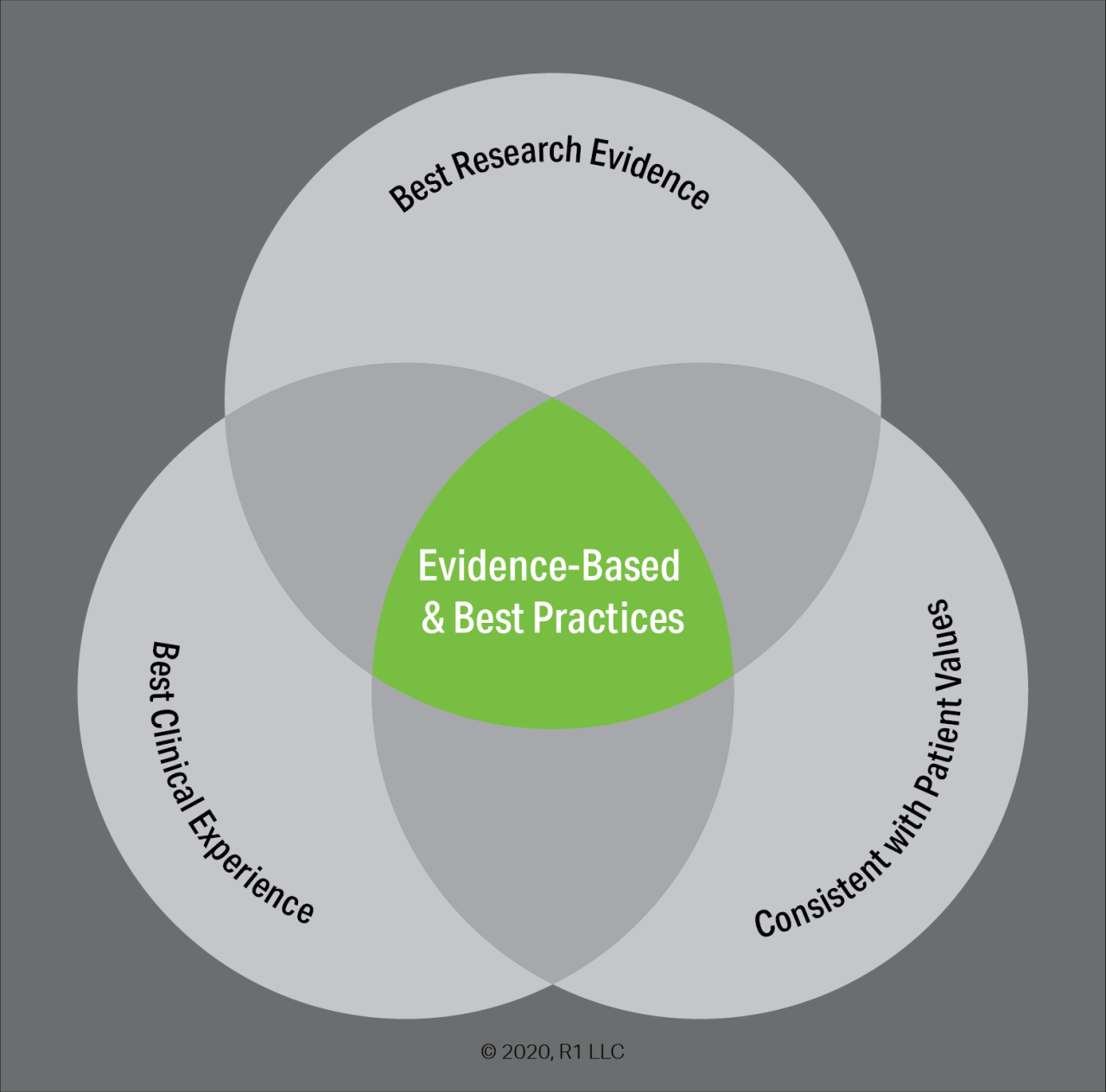What is the meaning of SUD treatment? Substance use disorder (SUD) treatment encompasses a range of interventions aimed at addressing the complex challenges posed by substance abuse. Understanding the definition, types, goals, and components of SUD treatment is crucial for effective recovery and improved well-being.
SUD treatment involves a comprehensive approach that considers the physical, psychological, and social aspects of substance use. By providing evidence-based interventions, SUD treatment programs empower individuals to overcome addiction, regain control over their lives, and achieve lasting recovery.
What is the Meaning of SUD Treatment?
Substance use disorder (SUD) is a chronic, relapsing brain disease that affects millions of people worldwide. SUD treatment is a comprehensive approach to addressing the physical, psychological, and social impacts of SUD. It aims to help individuals achieve recovery and improve their overall well-being.
Types of SUD Treatment

There are various types of SUD treatment available, tailored to the individual’s specific needs. These include:
- Detoxification:Medically supervised withdrawal from substances.
- Inpatient Treatment:Residential programs providing 24/7 care and support.
- Outpatient Treatment:Programs that allow individuals to live at home while attending therapy sessions and support groups.
- Medication-Assisted Treatment (MAT):Use of medications to reduce cravings and withdrawal symptoms.
- Cognitive Behavioral Therapy (CBT):Therapy that focuses on changing negative thought patterns and behaviors.
Goals of SUD Treatment, What is the meaning of SUD treatment?
The primary goals of SUD treatment are to:
- Reduce or eliminate substance use.
- Improve physical and mental health.
- Enhance social functioning and relationships.
- Prevent relapse and promote long-term recovery.
Principles of SUD Treatment
SUD treatment is guided by several principles, including:
- Evidence-based practices:Treatment methods that have been scientifically proven effective.
- Individualized approach:Tailoring treatment to the specific needs of each individual.
- Harm reduction:Minimizing the negative consequences of substance use.
- Recovery-oriented:Emphasizing the potential for recovery and personal growth.
Components of SUD Treatment
SUD treatment programs typically include the following components:
- Assessment:Evaluating the individual’s needs and developing a treatment plan.
- Detoxification:Medically supervised withdrawal from substances.
- Therapy:Individual, group, and family therapy to address underlying issues.
- Support Groups:Peer support and recovery-focused activities.
- Medication Management:Prescribing and monitoring medications to reduce cravings and withdrawal symptoms.
- Relapse Prevention Planning:Developing strategies to prevent and cope with relapse.
Effectiveness of SUD Treatment

SUD treatment has been shown to be effective in reducing substance use and improving outcomes. Studies have demonstrated that individuals who participate in treatment are more likely to achieve sobriety, improve their physical and mental health, and maintain long-term recovery.
Factors contributing to successful treatment outcomes include:
- Early intervention.
- Comprehensive treatment addressing multiple aspects of the disorder.
- Individualized treatment plans.
- Strong social support systems.
Challenges in SUD Treatment
SUD treatment can be challenging due to several factors, including:
- Denial and resistance to treatment:Individuals may be unwilling to acknowledge their problem or engage in treatment.
- Co-occurring mental health disorders:Many individuals with SUD also have mental health issues that require additional treatment.
- Stigma and discrimination:Societal attitudes and biases can discourage individuals from seeking help.
- Relapse:Recovery is a process that may involve setbacks and relapses, which can be discouraging.
Future Directions in SUD Treatment
Emerging trends and innovations in SUD treatment include:
- Telehealth and virtual therapy:Providing access to treatment for individuals in remote areas or with limited mobility.
- Precision medicine:Tailoring treatment to the individual’s genetic and biological makeup.
- Harm reduction strategies:Expanding access to safe injection sites and overdose prevention services.
- Integrated care:Coordinating SUD treatment with other healthcare services to address the full spectrum of an individual’s needs.
Closure

In conclusion, SUD treatment is a multifaceted and essential service that provides individuals with the tools and support they need to break free from addiction. By understanding the meaning of SUD treatment, its components, and its effectiveness, we can contribute to reducing the burden of substance use disorders and promoting healthier communities.
FAQs: What Is The Meaning Of SUD Treatment?
What are the common types of SUD treatment?
SUD treatment encompasses various types, including behavioral therapies, medication-assisted treatment, support groups, and residential treatment programs.
What are the primary goals of SUD treatment?
SUD treatment aims to achieve abstinence from substance use, reduce cravings, improve physical and mental health, and enhance overall well-being.
What are the challenges in SUD treatment?
SUD treatment can face challenges such as relapse, stigma, lack of access to services, and co-occurring mental health conditions.
How effective is SUD treatment?
SUD treatment can be highly effective in reducing substance use and improving outcomes when individuals engage in treatment and adhere to its principles.